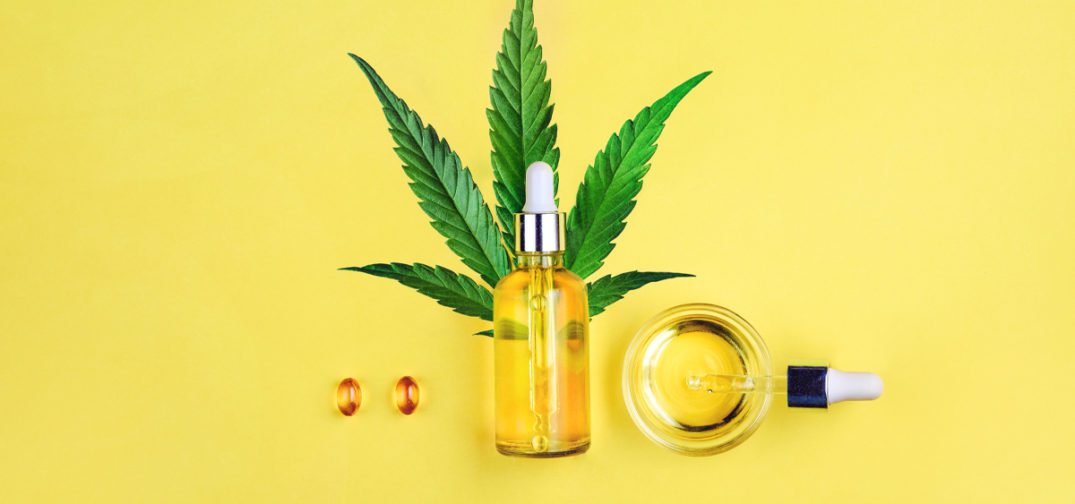Leafreport released a study this week finding that 60% of consumer CBD products currently marketed for sleep contain the wrong amount of CBD, CBN, or melatonin.
To conduct the study, the company purchased 52 different CBD sleep products including gummies, tinctures, and capsules. The products were third-party tested by accredited cannabis testing laboratory Infinite Chemical Analysis Labs, which returned Certificates of Analysis for each product measuring their CBD and CBN content and melatonin levels.
Two-thirds of the tested products said to contain melatonin were found to be mislabeled, while just over half with CBD carried inaccurate CBD levels, and nearly half labeled for CBN were also inaccurate. Some products were more egregious than others — one product said to contain melatonin actually showed zero traces of it, for example, while two others had three to five times more than was labeled, according to the report. And out of 32 products that were advertised to contain broad or full-spectrum CBD, 25% appeared to be mislabeled.
Capsules performed better than the other products in terms of labeling accuracy with 50% of tested products matching their label, followed by gummies (40%), then tinctures (30%).
“Frankly, the results of this research are shocking and continue to illustrate the need for a more transparent CBD industry. Consumers need to know when they buy CBD products that there are certain quality standards being met.” — Gal Shapira, Leafreport’s Product Manager, in a press release
The company noted its investigation was not immune to error — each product was only tested once, after all, and they could have experienced cannabinoid degradation over time. Additionally, the products typically see some variation among batches. But the findings are similar to previous studies by Leafreport that found labeling inaccuracies in other consumer cannabinoid products, including CBD edibles, beverages, and pet treats, as well as other products containing CBG and even Delta-8 THC.
“Leafreport exists to help these same consumers make better-informed decisions about what they put into their bodies,” Shapira said. “We see this report as a critical service to help consumers ensure they buy products that actually work.”
Get daily cannabis business news updates. Subscribe
End
